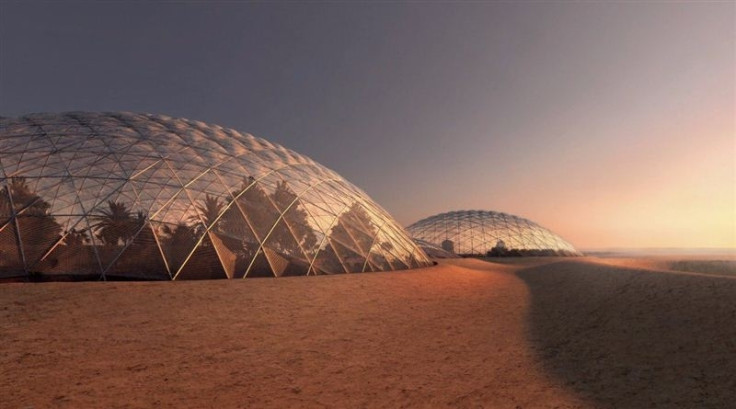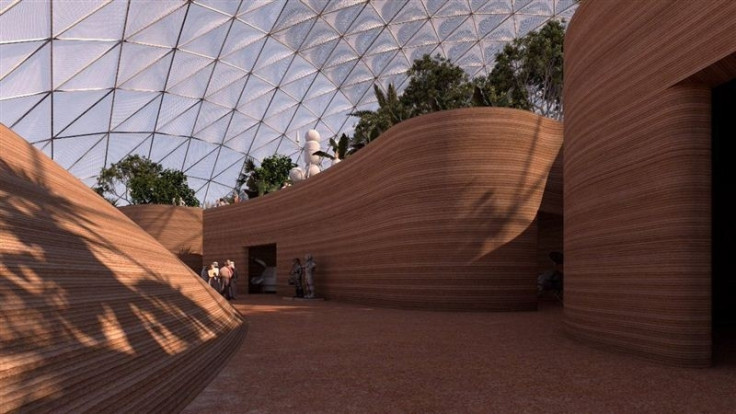UAE is building an artificial Martian city to mimic Red Planet's environment
Once the city's up, UAE will conduct several experiments, with a group of people living there for one year.

In a bid to make Mars settlement a reality in the next 100 years, the UAE government has announced plans to build a Mars Science City (MSC) – a hypothetical city which would simulate conditions of the harsh Martian surface. The city, covering a whopping area of 1.9 million square feet, will cost $140m (£104m)and bolster the development of technologies needed for settling on our neighbouring planet.
According to the UAE government, the project, which would be the largest Mars simulation in existence when complete, will host a series of futuristic domes. Inside these structures, there will be labs that would mimic the Mars' terrain and the environment through 3D printing and heat and radiation insulation.
The labs will be used to test agriculture and develop technologies that would provide Martian settlers with food, energy, and water in the future. The city would also house a unique space museum with 3D-printed designs from the Emirati desert to showcase humanity's greatest space achievements.
In a tweet, the Prime Minister of the UAE, Sheikh Mohammed bin Rashid, called the plan "an extraordinary national project". The country plans to establish a human colony on the Red Planet by the year 2117.
"The UAE seeks to establish international efforts to develop technologies that benefit humankind, and that establish the foundation of a better future for more generations to come," bin Rashid said in a statement. "We also want to consolidate the passion for leadership in science in the UAE, contributing to improving life on earth and to developing innovative solutions to many of our global challenges."

There's no word on the timeline of the project, but once the city is up, the UAE will conduct several experiments, with a group of people living there for one year. The country hopes their experience would provide them with useful insights for innovation and sustaining life in a hostile planetary environment.
© Copyright IBTimes 2024. All rights reserved.





